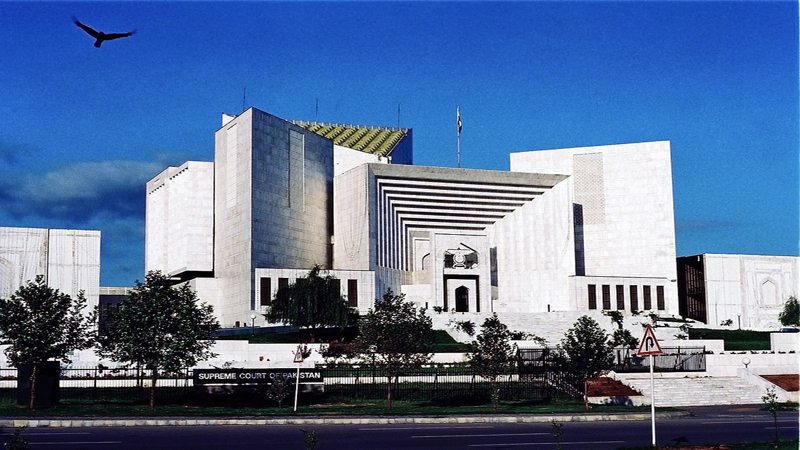News Analysis |
The Supreme Court of Pakistan has been told on Monday that Pakistanis own around $150 billion worth of properties and assets in the United Arab Emirates (UAE) alone. The investigators have traced down 2,750 overseas properties in UAE worth billions, with the help of Dubai authorities.
Meanwhile, 5000 super rich Pakistanis have also been identified – who violated laws and illegally transferred the money abroad; by the State Bank of Pakistan (SBP), the Federal Investigation Agency (FIA), and the Federal Board of Revenue (FBR).
The Chief Justice Mian Saqib Nisar headed the three-member bench, comprising Justice Umer Ata Bandial and Justice Ijazul Ahsan—which resumed the hearing of a suo motu case regarding the foreign bank accounts held by Pakistani citizens.
Despite the efforts of the previous regime—those who availed the tax amnesty scheme only brought back less than the $70 million out of the declared $8 billion of assets.
The SC sought a list of 300 individuals who have purchased the properties in foreign countries after laundering the money using the illegal means such as Hundi and Hawala. On Monday, PM Imran also chaired a meeting with officials from FBR, FIA, and SBP to mull ways to stop smuggling and transfer of money through illegal methods like Hawala and Hundi.
The apex court showed dissatisfaction with the performance of the authorities as they failed to make inroads to bring back the laundered money. The SBP Governor Tariq Bajwa confirmed that “the UK authorities have identified some 225 properties established there by the Pakistani individuals and shared these details with Federal Board of Revenue.”
Read more: Pakistan’s geostrategic environment and its impact on the economy
On the direction of the CJP; FIA and FBR would have to submit the names of the individuals—who allegedly used hawala to transfer money in different countries including UAE, UK, France, and the US etc. SC has strictly notified FBR and FIA to not disclose the names of the alleged culprits and to submit the name in the SC’s registry.
SBP has also decided to initiate legal proceedings against those who laundered money to Dubai and never disclosed the purchase of their foreign properties. In his campaign trail, PM Imran Khan promised to bring back the plundered money stashed abroad. In PTI’s 100-day agenda, party pledged to establish a special task force to recover ill-gotten/looted national wealth parked in offshore tax havens.
5000 super rich Pakistanis have also been identified – who violated laws and illegally transferred the money abroad; by the State Bank of Pakistan (SBP), the Federal Investigation Agency.
PM reemphasized his intent and announced that the government will make a high-power task force to bring laundered money back to Pakistan. He fulfilled his campaign promise and gave a deadline of two weeks to a task force to chalk out a plan to recover the illegal money stashed abroad. The task force held a meeting presided by the Special Assistant to PM on Accountability Mirza Shahzad Akbar on August, 27.
Read more: Pakistan economy set to record fastest growth in 13 years
The officials from the SBP, the Ministry of Foreign Affairs, the FIA, the Auditor General of Pakistan, the National Accountability Bureau (NAB), the Ministry of Law and Justice and the FBR, the Finance Ministry, and the Securities and Exchange Commission of Pakistan (SECP) participated in the meeting. Finance Minister Asad Umar—who addressed the issues quite frequently during opposition days did not give an exact figure—which government is looking to bring back but ensured that current regime would scrutinize the details and would repatriate stashed amount running into billions of dollars.
SC had also formed a committee to recommend ways to lure and urge the people to take out their money from foreign banks to bring it back to Pakistan. Despite the efforts of the previous regime—those who availed the tax amnesty scheme only brought back less than the $70 million out of the declared $8 billion of assets. Imran has vowed to take stern action against the culprits to revive Pakistan’s ailing economy.














